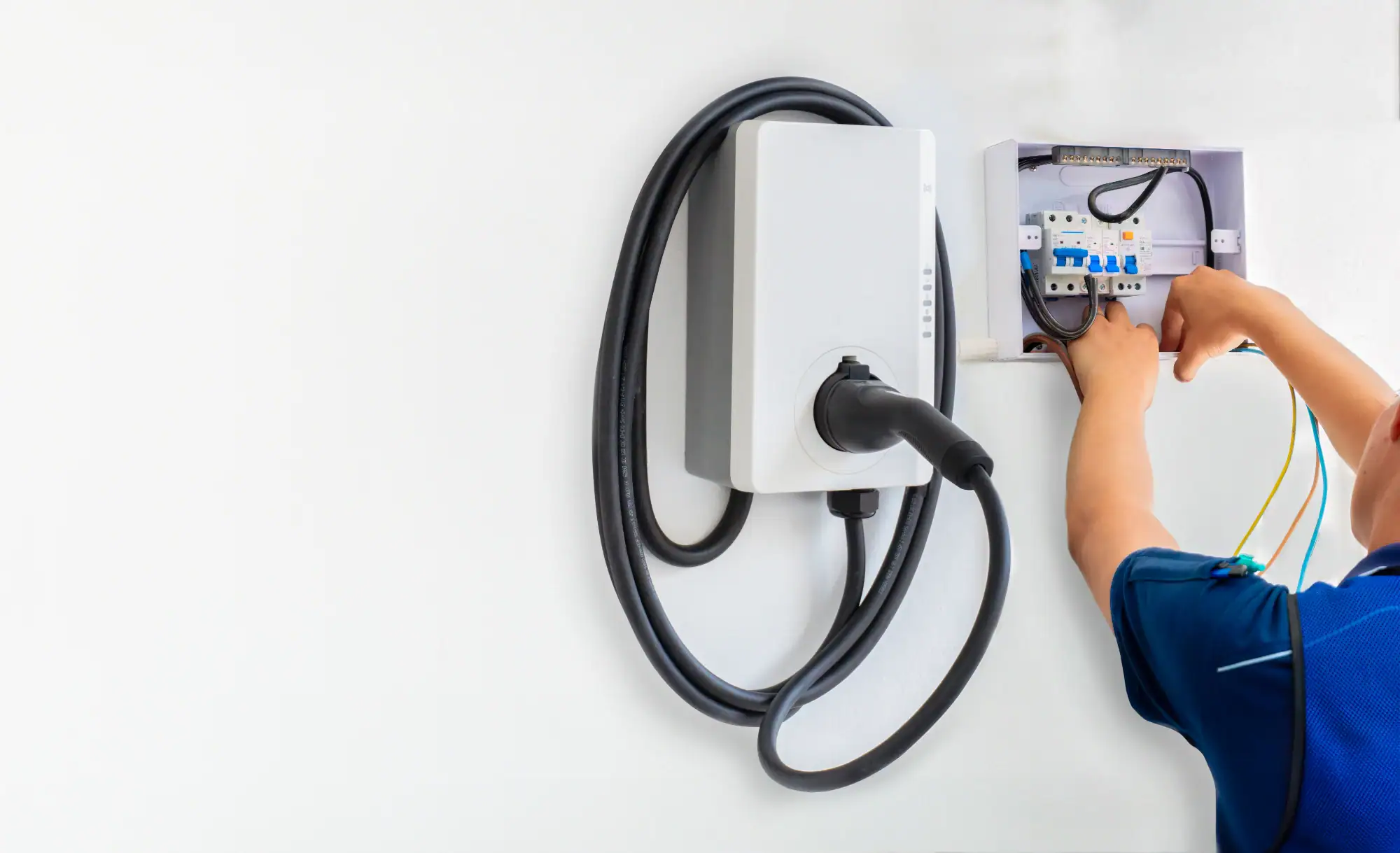Professional EV charger installation that cuts your charging costs by 30-50% while you sleep. Licensed electricians with 25 years of experience.
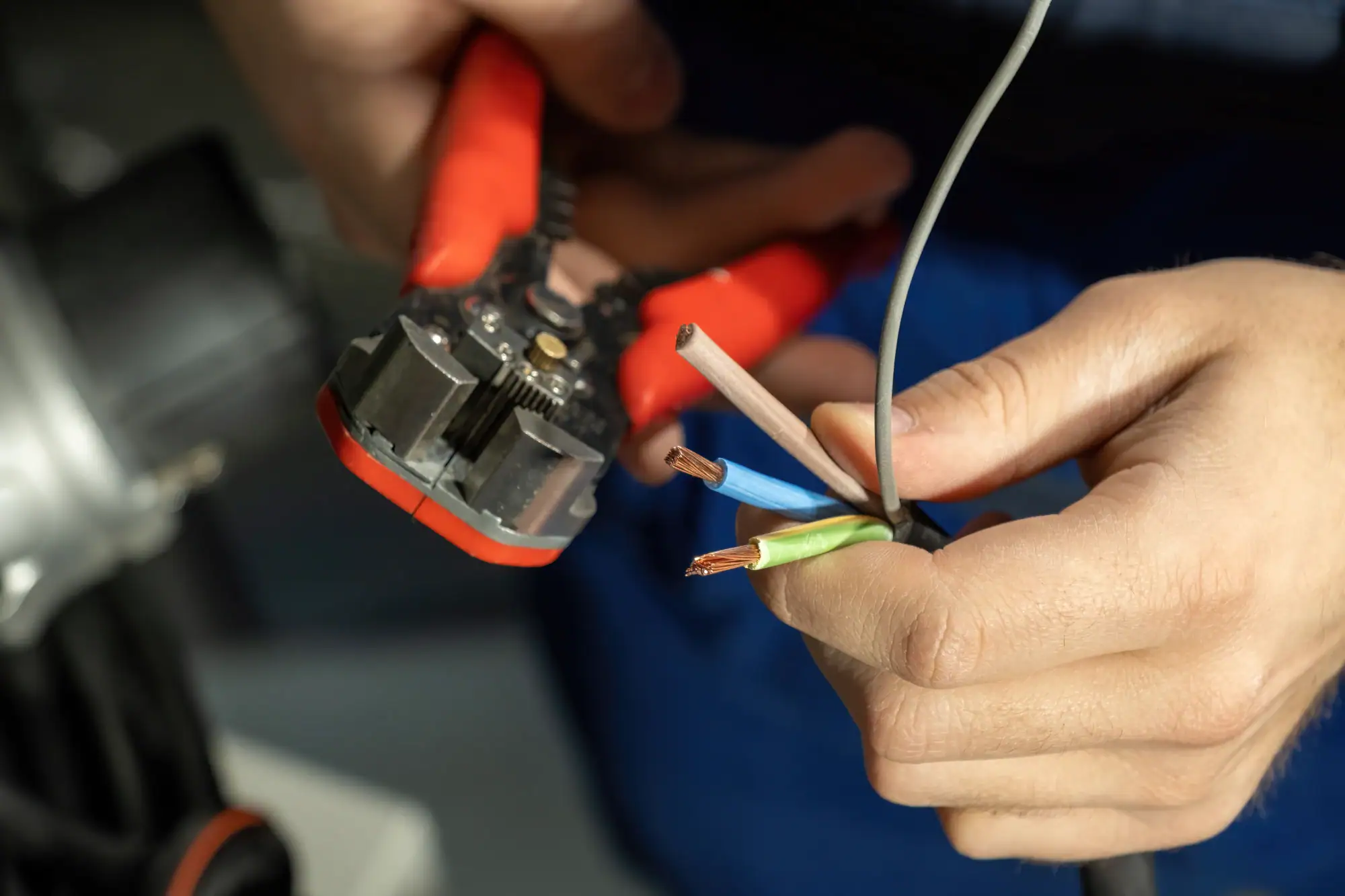
Hear from Our Customers
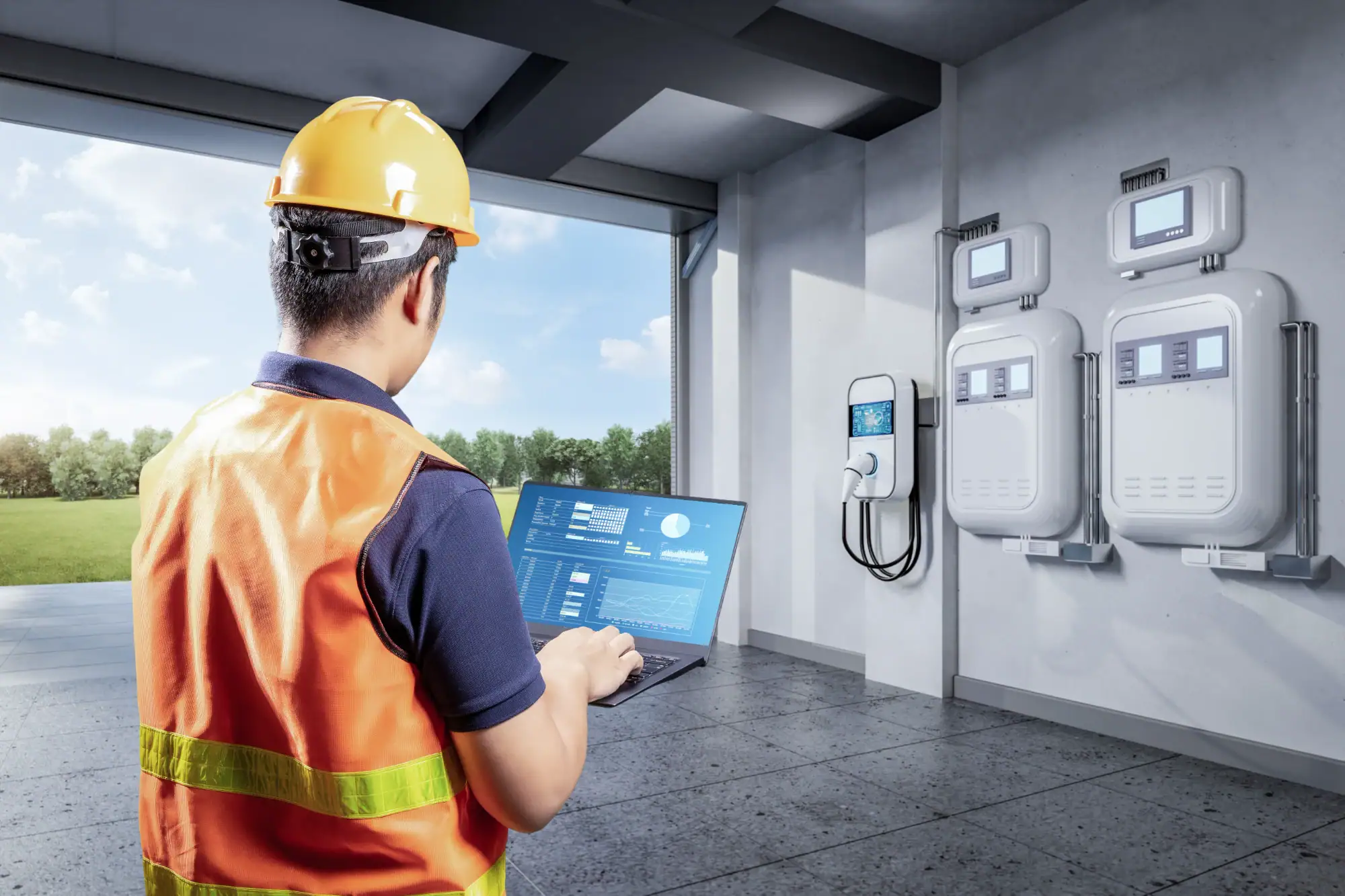
You wake up every morning to a fully charged vehicle. No more hunting for public charging stations or waiting in line behind three other cars. No more paying premium rates for the convenience of someone else’s electricity.
Your Level 2 home charging station delivers the equivalent of 20-60 miles of range per hour. That means even a few hours of overnight charging handles your daily commute with power to spare. And you’re doing it all at residential electricity rates that cost 30-50% less than public charging stations.
The math is simple: most Wilton homeowners who drive 1,000 miles monthly spend around $60 charging at home versus $150-300 at public stations. Your charging station pays for itself within the first year, then continues saving you money every single month.
We’ve been handling residential electrical work in the Wilton area for 25 years. We’ve seen every type of electrical panel, wiring situation, and home setup you can imagine. When you need an EV charger installed safely and correctly, experience matters.
We’re licensed, bonded, and insured. We specialize in residential electrical service, which means we understand how your home’s electrical system works and what it takes to add a high-powered appliance like an EV charger without overloading your panel.
Our team has handled everything from emergency electrical repairs to complete panel upgrades. We know the local electrical codes, permit requirements, and inspection process. When we install your EV charger, it’s done right the first time.
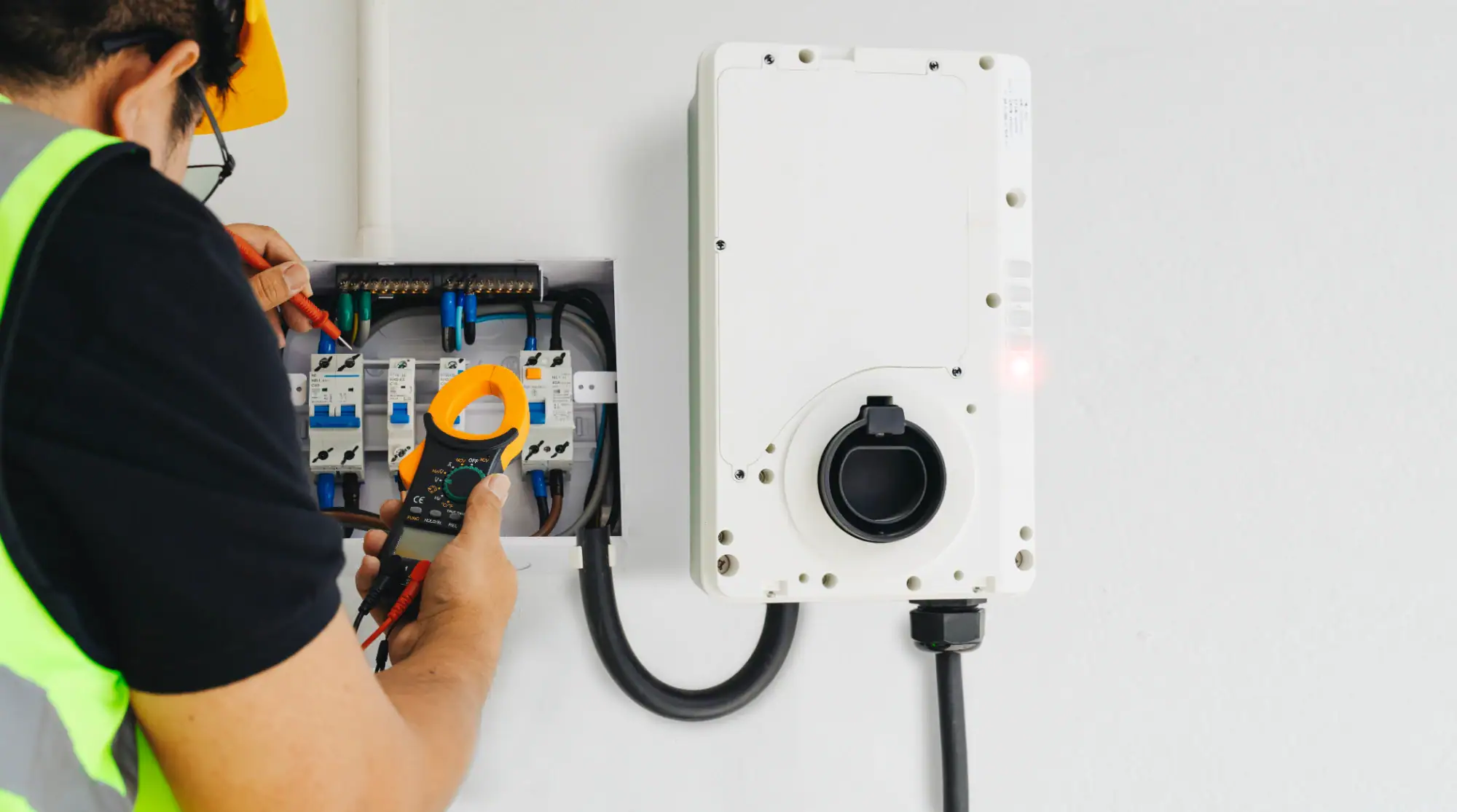
The process starts with an electrical assessment of your home. A licensed electrician evaluates your current electrical panel capacity, determines if you need any upgrades, and identifies the best location for your charging station. This assessment takes about 30 minutes and gives you a clear picture of what’s required.
Next comes the installation planning. We’ll discuss charger options, run the necessary wiring from your electrical panel to the charging location, and handle any required permits. Most installations require a dedicated 240-volt circuit, similar to what powers your electric dryer.
Installation day typically takes 3-6 hours depending on the complexity. We install the charging station, connect it to your electrical system, test everything thoroughly, and walk you through the operation. You’ll have your charger ready to use the same day, usually with enough time to start your first overnight charge.
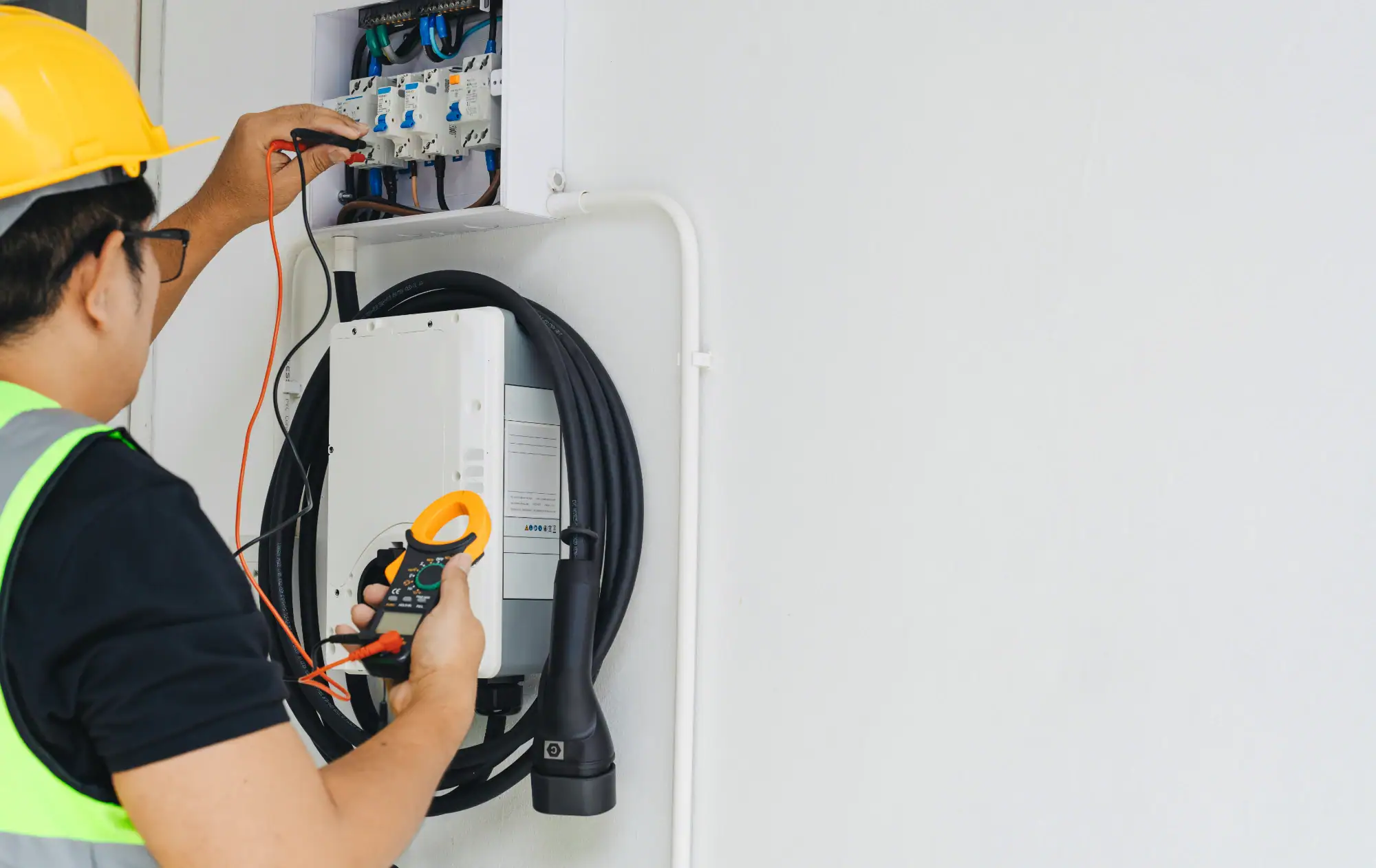
Ready to get started?
Your EV charger installation includes everything needed for safe, reliable home charging. We provide the electrical assessment, pull necessary permits, install the dedicated 240-volt circuit, mount and connect your charging station, and test the complete system.
For Wilton homeowners, this typically means installing a Level 2 charging station that delivers 20-60 miles of range per hour of charging. Most residential installations use a 40-amp or 50-amp circuit, though we can accommodate higher amperage requirements for vehicles with larger batteries or faster onboard chargers.
The installation includes all necessary electrical components: circuit breaker, wiring, conduit, outlet or hardwired connection, and proper grounding. We ensure everything meets local electrical codes and passes inspection. You also receive instruction on safe operation and basic maintenance of your new charging station.
